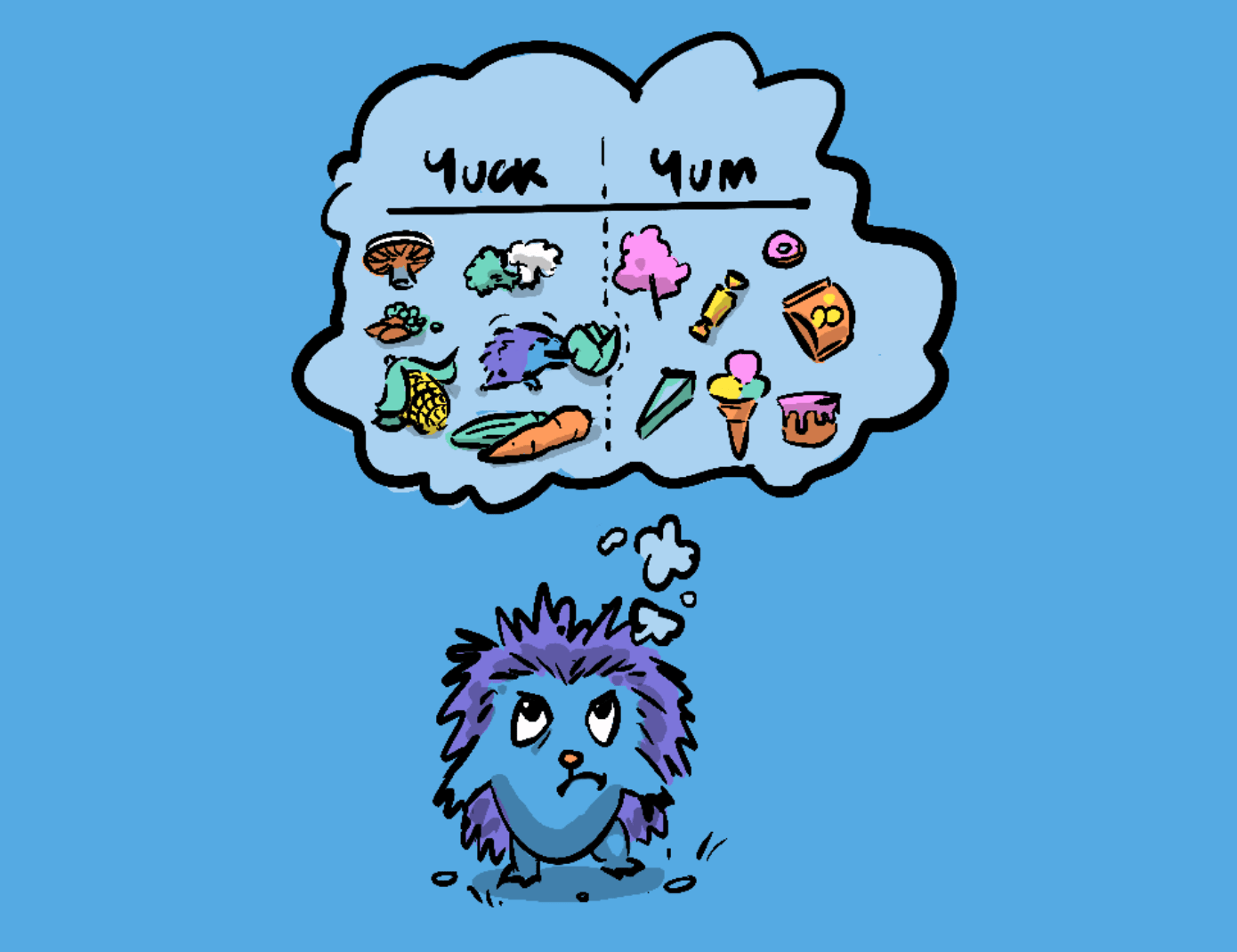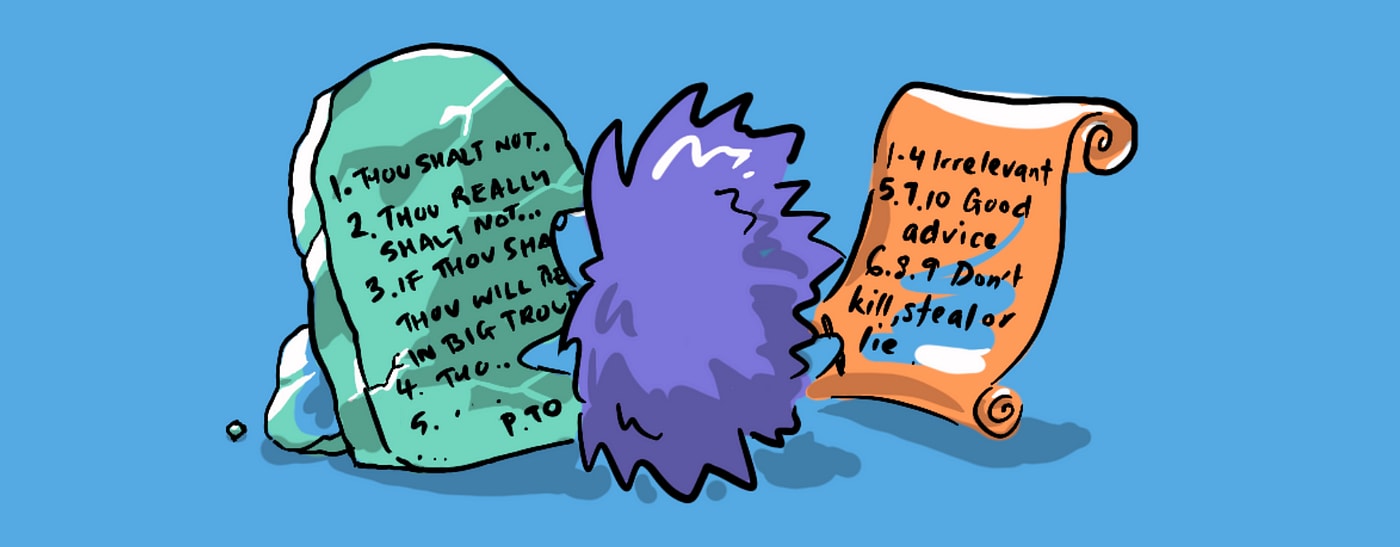
A short one, just to clarify a term (I invented) that gets thrown around here a bit. It concerns the question of how people with different moral views can find common ground underpinning all moral positions, without referring to a shared supernatural belief system, so that understanding can be reached.
“… when we think about what matters, what matters is consciousness and its contents. Consciousness is everything.” — Sam Harris
The Unit of Value
When dealing with matters of morality, we are dealing with the realm of subjective experience, whether you want to call it consciousness, or sentience, it is the unit of value we are measuring in any moral calculus. Many take this to mean that moral value is an invention of humanity, that we make it up, so to speak, which gives the impression that it is ultimately arbitrary.
“… let us see that the distinction of vice and virtue is not founded merely on the relations of objects, nor is perceived by reason.” — David Hume
However, I would argue that this is not the case, and that we can draw objective conclusions concerning the inter-subjective relationships between moral agents. This is because evolution has produced, in us, subjective facts which are bound to our biology (physical reality).
Pleasure & Pain
Our evolutionary hardwiring is not easily untangled, it is embedded in myriad mechanisms, drivers, inhibitors and behaviour modifiers. But at the core is sensation and its poles pleasure and pain. Pain tells us to avoid the behaviour, pleasure to seek it. Pain is inherently “bad” and pleasure inherently “good” — moral properties. These experiences are inescapably value-laden. They are nature’s way of creating a “should” from a fact of biology — overcoming Hume’s Guillotine of “No ‘ought’ from ‘is’”. They are the intersection of the dimensions of physical and moral. I would posit that all our values are derived from the spectrum of these inescapably value-laden experiences.
Inter-Subjectivity & Objectivity
Given that experiences are inescapably value-laden, it is therefore possible to objectively deduce principles for inter-subjective relations (moral principles) that reliably serve the interests of moral agents who want to avoid suffering.
Some Objections (and one-line replies)
- Some forms of pain are pleasurable: In this case they no longer qualify as suffering.
- Sometimes inflicting pain is warranted, like when a personal trainer pushes their client: This is merely a trade-off as part of a more complicated pursuit of pleasure (the pleasure of future achievement).
- Because morality concerns subjectivity, we cannot, by definition, make objective statements about it: This is mistaking the content of the deductive process for the deductive process itself; it is possible to make objective conclusions about subjective content.
- There is no dictate that says well-being is the desired outcome of morality: This is merely a question of definitions, essentially a semantic argument or word-game.
- We have no responsibility to adhere to such rules: This is correct, no one is forced to act morally. But committing to acting morally gives us access to all the non-zero-sum benefits of cooperation.
So…
This inescapable relationship between the quality of experience and the moral values of good and bad, make morality rationalisable, and mean that we can argue meaningfully towards objectively better moral frameworks. I expand on this idea in It’s Subjective.
This post has generated a large discussion over at the blog, I invite you to have your say.
Notes
- Out of curiosity I asked ChatGPT what this term would be, were it one of those long German terms that combines a bunch of words for the sake of creating an esoteric philosophical vocabulary (à la Heidegger), it came up with 'Unentrinnbarewertbeladeneerfahrung' which I think is about right.
- Hume's Guillotine comes from a passage where he's actually criticising the religious origins of ethics, claiming that religious moral positions are assumed rather than derived from anything real. His objection appears to be that this is not acknowledged. The account I have given here is to attempt to derive morality from facts about our biology, and not assume them based something arbitrary.


Executive summary: The concept of "inescapably value-laden experience" posits that morality can be rationalized and derived from the objective interplay between subjective experiences of pleasure and pain, creating a basis for inter-subjective moral principles without relying on supernatural belief systems.
Key points:
This comment was auto-generated by the EA Forum Team. Feel free to point out issues with this summary by replying to the comment, and contact us if you have feedback.